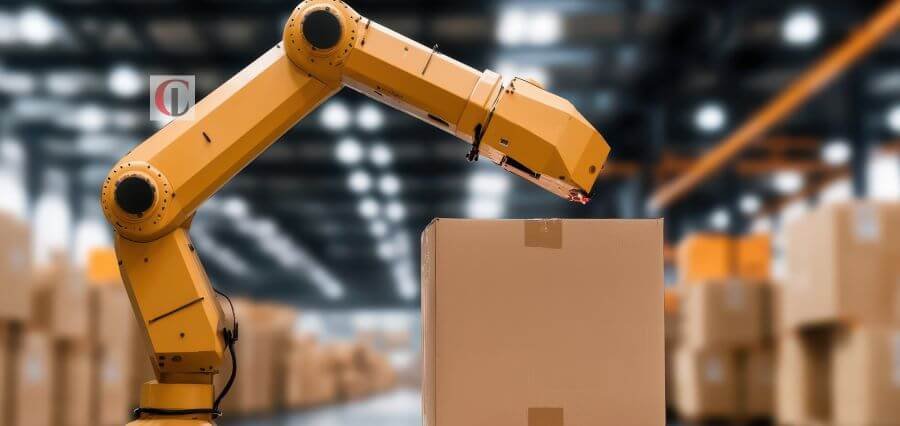Through task automation, better insights, and data-driven decision-making, artificial intelligence (AI) is transforming procurement processes. By using AI insights to maintain procurement process optimization, AI enables cycles of continual improvement. AI-generated feedback loops allow procurement teams to adapt their tactics and stay in line with changes in the market, encouraging innovation and guaranteeing ongoing progress. Over time, AI improves itself, allowing procurement teams to react quickly, try new things, and come up with creative solutions.
How AI Drives Continuous Improvement
Pattern Recognition: AI finds patterns and trends to enhance procurement procedures and outcomes. Procurement professionals can make data-driven decisions, spot new opportunities, and reduce risks with AI-embedded software. Purchasing By anticipating risks, new market trends, and business forecasts, artificial intelligence (AI) software assists in creating demand forecasts.
- Predictive analytics: To produce precise demand projections, AI systems examine past sales data, industry trends, and outside variables. Data Analysis: By utilizing spend data, supplier performance, and cost-saving options, artificial intelligence (AI) helps procurement managers to obtain a deeper understanding of spending trends. AI can access large amounts of data, which facilitates the process of locating new markets or providers.
- Automation: AI optimizes corporate processes according to the size and location of the company. AI reduces administrative burden and increases productivity by automating manual operations, freeing up procurement professionals to engage in more strategic activities.
Important Uses of AI in Procurement
- Spend Analytics and Cost Optimization: AI helps procurement specialists to better understand spending trends, spot areas for cost reduction, and maximize cash flow.
- Supplier Management and Selection: By examining financial data, performance indicators, and compliance documentation, AI automates supplier profiling and assessment. AI enables more focused and effective sourcing by matching supplier skills with procurement requirements. During supplier negotiations, AI-based contract lifecycle management technologies aid in maximizing terms, conditions, and pricing.
- Contract Management: By automating contract review and analysis and extracting important phrases, clauses, and duties from contracts, artificial intelligence (AI) simplifies contract management. This enhances contract compliance, lowers the risk of non-compliant contracts, and saves the time and effort needed for human contract analysis.
- Intelligent Supplier Performance Evaluation: AI analyzes metrics including customer satisfaction, pricing, quality, and delivery timeliness to automate the assessment of supplier performance. Automated Purchase Order Processing: AI increases productivity and lowers errors by extracting data from purchase orders, verifying the correctness of the data, and creating related transactions in enterprise systems.
- Virtual Assistants: AI-driven virtual assistants can comprehend natural language inquiries and offer prompt access to data, supplier information, and contract terms, as well as increasing user experience and productivity.
AI for Continuous Improvement
By spotting trends and patterns, artificial intelligence (AI) enhances procurement procedures and makes data-driven choices, new opportunities, and risk reduction possible. Continuous improvement is made possible by AI’s capacity to deliver timely analytics and data-driven insights for improved sourcing choices. Additionally, artificial intelligence (AI) improves procurement efficiency and propels continuous improvements by introducing novel solutions like automated demand forecasting and predictive maintenance.
Conclusion
AI is transforming procurement by promoting ongoing cycles of development. AI enables procurement teams to streamline procedures, adjust to shifting market conditions, and promote innovation through automation, improved insights, and data-driven decision-making. AI makes it possible to make well-informed strategic decisions about spending, supplier management, and contract negotiation by identifying trends, forecasting demand, and evaluating enormous volumes of data.
Additionally, AI-powered solutions like automated purchase order processing and virtual assistants simplify processes and free up procurement specialists to work on more significant projects. AI-generated continuous feedback loops provide continuous improvement, enabling procurement teams to improve their tactics and attain higher productivity and cost reductions. As AI technology develops, its capacity for learning and adaptation will improve procurement procedures even more, guaranteeing that businesses stay flexible, competitive, and accomplish.

